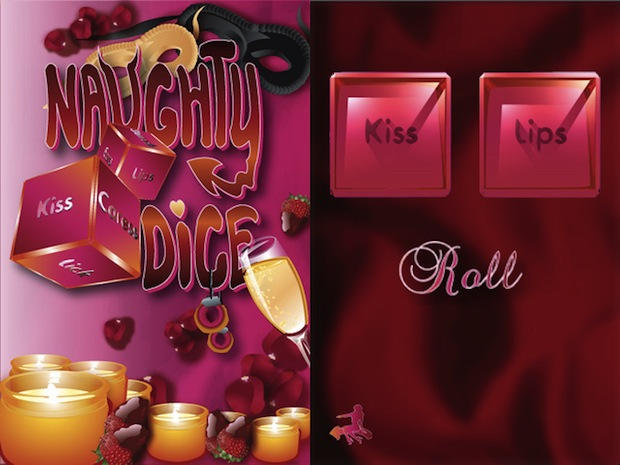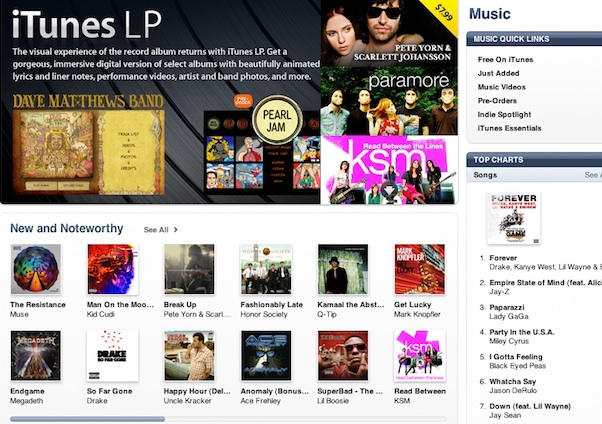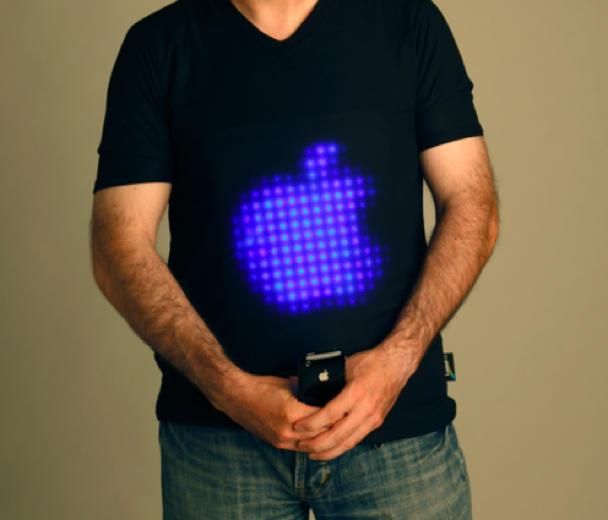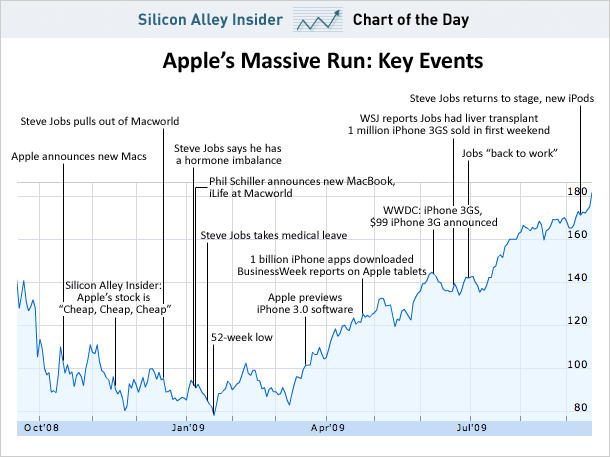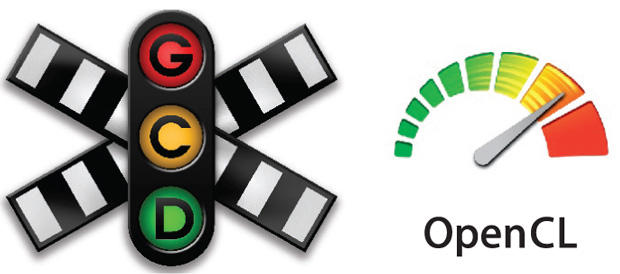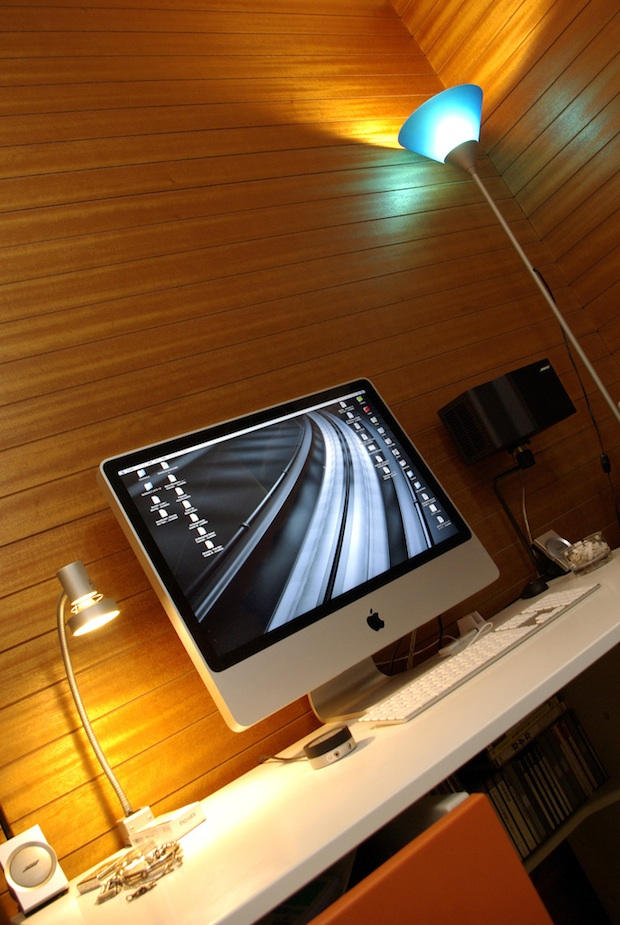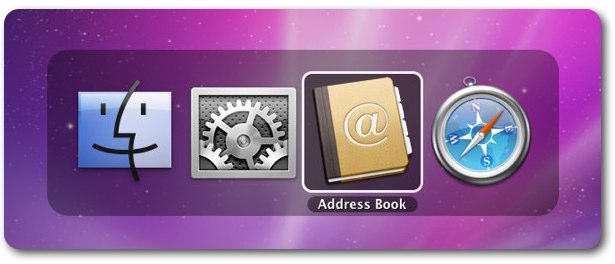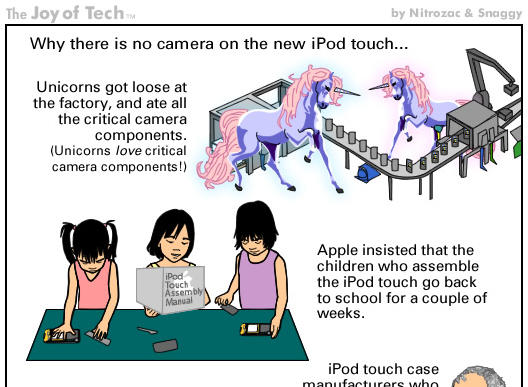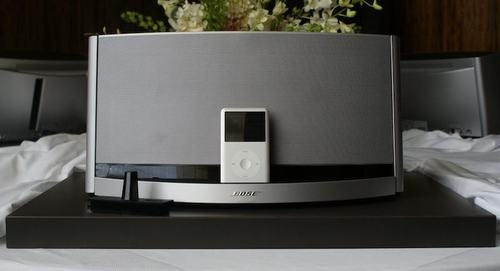One year after disgruntled iPhone App developer Mike Ash wrote about his frustrations trying to get his software approved by Apple, he says nothing has changed. The App approval process is so bad, in fact, he’s giving up altogether.
“I have abandoned the platform,” he writes. “Apple’s nonsense is just too much for me. There’s no joy in iPhone development, and an enormous amount of frustration.”
Last year, Ash wrote a high-profile blog post about his experience working with Apple. Detailing all the hoops he had to jump through, and several rejections of his software, Ash’s post drew a lot of attention from blogs and a lots of comments from developers who’d had similar experiences.
Apple’s approval process has long been the subject of criticism and frustration. The process is secretive and opaque, and developers often complain apps are often rejected or held up without good reason. Google’s Voice App, for example, is still undergoing approval — a roundabout way of rejecting an app from a big and important partner without actually rejecting it.
Apple’s head of marketing, Phil Schiller, has tried to smooth ruffled feathers by reaching out to unhappy developers. The biggest problem with Apple’s process is the sheer volume of apps submitted for approval. Apple’s 40 full-time testers must scrutinize about 8,500 apps a week, according to information from Apple in response to an FCC inquiry. Each app is reviewed by two testers, so that’s about 80 apps a day, per reviewer — every day.
In his latest post, Ash says the consumer’s experience of the App Store has marginally improved, but behind the scenes, nothing has changed for developers.
“Apple VP Phil Schiller has been making noises about trying to improve things, but so far this is just talk,” Ash writes. “Apple’s improvements, virtually insignificant already, have mostly gone to improving the store, not the development process.”
It’s so bad, he’s given up completely. Ash says he’ll write software for the Mac instead, which requires no approval process.



